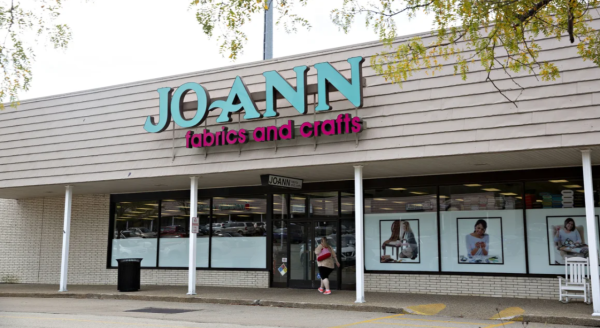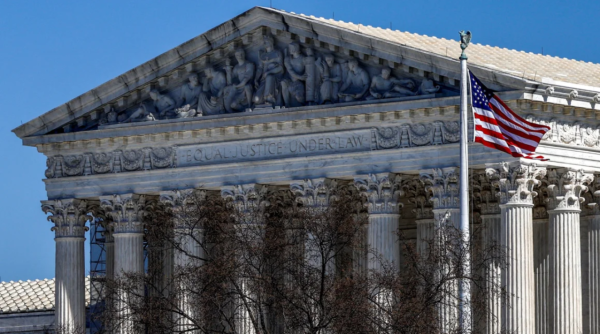Contract with University Bookstore upsets faculty, students
March 1, 2016
Kent State University Bookstore’s contract requires
Professors and university faculty at Kent State are questioning a clause within the contract, which may give the bookstore the exclusive rights to be the sole provider of textbooks and other merchandise to students.
Discrepancies over the details of this clause has produced backlash from faculty and students alike. Many believe that making the bookstore the only source of materials for their classes, as opposed to cheaper options, is unfair.
“The university should be open to doing everything possible to help students reduce the cost of education,” said Deborah Smith, an associate professor of philosophy. “In this case, they have entered into a contract with an outside vendor that seems to prioritize … vendor’s profits over what is in the student’s best interests.”
Kent State entered into a six-year, multifaceted contract with Barnes & Noble in May 2015. The university claims that its decision to outsource to the company would be more efficient and provide better resources to its students on a national scale, according to comments made by Cesquinn Curtis, executive director of administration at the Office of Student Affairs.
However, section 13(a) states that the university bookstore “shall be Kent State University’s exclusive buyer and seller of all required, recommended or suggested course materials and supplies, including books, course packs, computer software, textbook rentals, and materials published or distributed electronically and/or learning management systems, or sold over the Internet.”
While conversation about other options can exist, the contract implies that professors must direct students to buy textbooks from the university bookstore, like through their syllabus or in an email before courses start.
“Kent State bookstores are the exclusive campus bookstores for the university,” Curtis said. “That means that they are the only bookstores that have contractual ties to the university. That does not mean that students have to shop there.”
However, professors and students alike have their doubts.
“The university, no doubt, has hundreds of contracts,” said Robert Twieg, professor of chemistry. “This one seems to be unusual in that it potentially impacts activities of the faculty, but it remains to be seen.”
Those who are potentially hurt the most, financial-wise, are students from economically disadvantaged households. The bookstore, which is granted the right to sell net-priced books at a 25 percent gross margin, is notorious for being overpriced compared to other vendors. People who do not have access to other information may feel inclined to buy through the school, even if they cannot afford it.
Junior marketing major David Schumacher is no stranger to this. Required by classes to buy textbooks from the bookstore, he was surprised to discover that renting many of his books were almost twice as much as other stores.
“(At the university bookstore) it was $60 to rent a book, but at the regular Barnes & Noble store, it was only $35,” Schumacher said. “I think it’s a ripoff that the bookstore claims to have the best prices yet I always find books on other websites, like chegg.com, for half the price.”
“Prices at the Kent State University Bookstore are competitive with other retailers that offer textbooks and merchandise of similar quality and value. And students are buying at the bookstore – with positive results,” said Cesquinn, in response to elevated bookstore prices. “Offering students affordable textbooks is a top priority for the bookstore.”
Members of the university are expected to have more information about these issues at the next Faculty Senate meeting, set to be held March 7 at 3:20 p.m. in the Governance Chambers. Students are welcome to attend.
Rachel Duthie is a student life reporter for The Kent Stater. Contact her at [email protected].




















